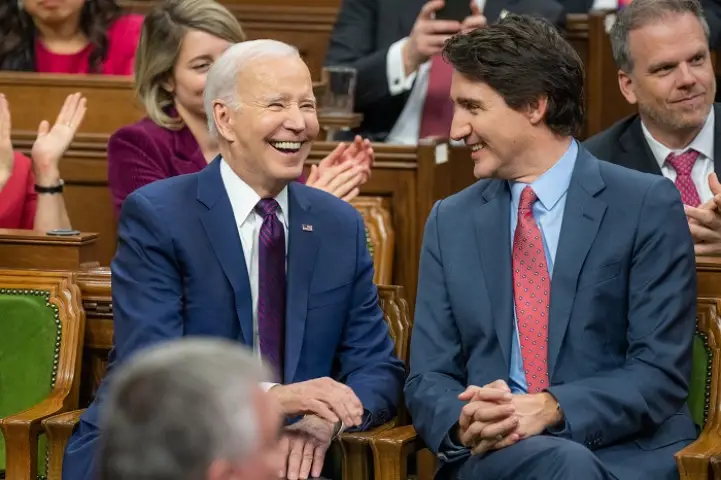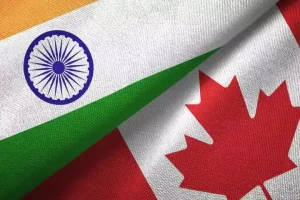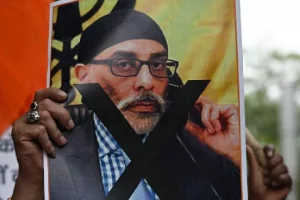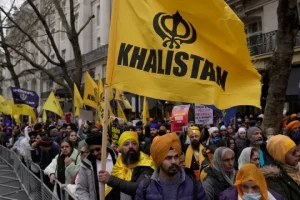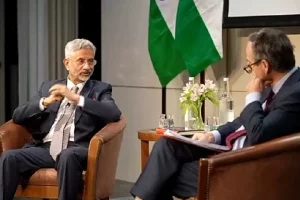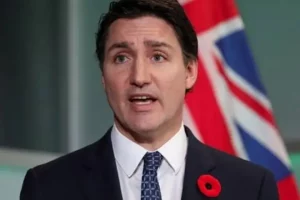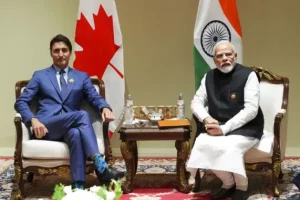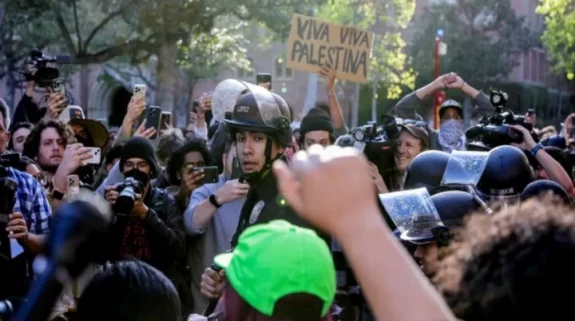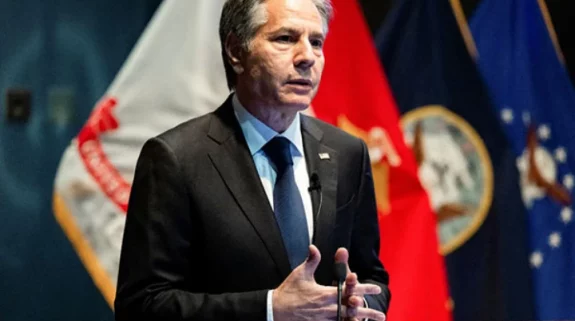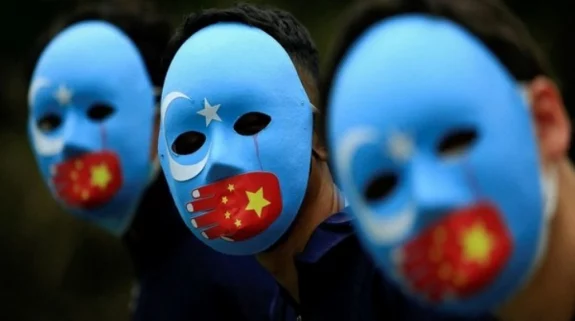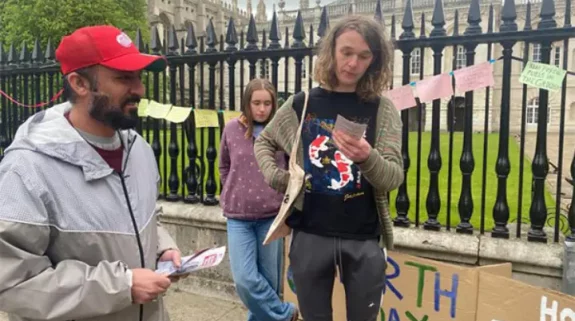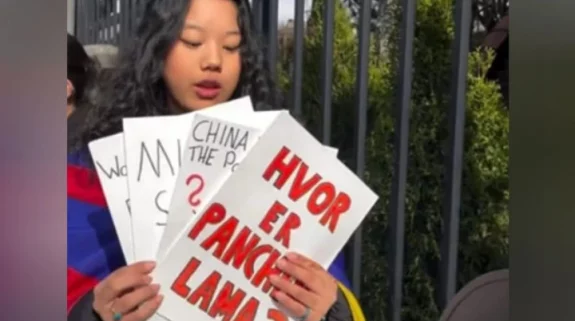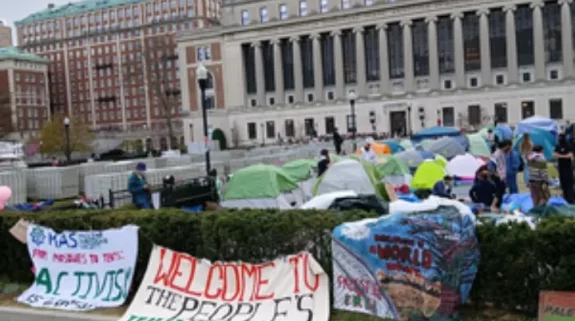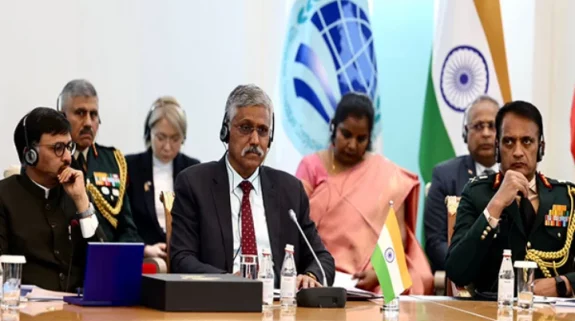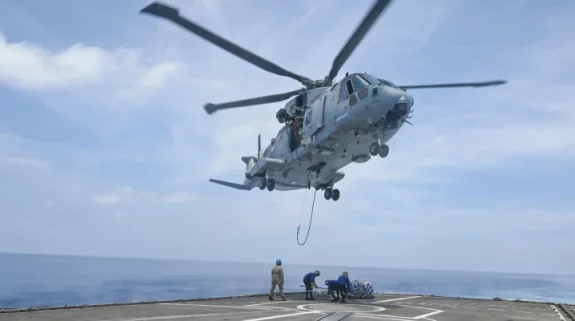The Canadian Prime Minister’s handling of the Nijjar affair shows incompetence, obstinacy, a sense of entitlement, and an inadequate grasp of geopolitics. He has sacrificed an important relationship for the sake of a criminal who was a fugitive from Indian law, had a red corner notice against him, headed the Khalistan Tiger Force, which by its very name suggested a terror outfit (like the Tamil Tigers), and openly promoted violence and secessionism in India, and so on.
Without sufficient evidence for his claim that agents of the government of India were behind Nijjar’s killing he raised the matter with Prime Minister Modi at the G 20 summit and later made a statement in the Canadian parliament that there were “credible allegations” of a “potential link” of the killing with India. He bragged that he had raised the issue with Modi “in no uncertain terms,” and this without “certainty” about India’s involvement in the killing, as his own statement in parliament suggests.
Worse, he chose to make his unconfirmed information about India’s involvement public on the floor of the parliament, giving the issue an air of an international scandal and, in effect, accusing India of acting like a rogue state. Canada also summarily expelled a senior Indian diplomat.
India hit back strongly at the Trudeau government, accusing it for providing safe havens to terrorists, criminals, drug traffickers and human traffickers, and ignoring the death threats to our diplomats. India also stated categorically that Canada had not shared any specific information with India about the involvement of its agents with Nijjar’s death. In retaliation, India too expelled a Canadian diplomat. It also suspended visa services in its missions in Canada.
Instead of concluding that India will not be browbeaten on the issue and that a wiser course would be to find a discreet way out of the situation, Trudeau sought to raise the pressure on India by mobilising the US and other Five Eyes countries to compel India to cooperate with Canada in investigating the matter. Without making a single move until now to cooperate with India in addressing its concrete concerns about anti-Indian extremist activities in Canada, Trudeau demands Indian cooperation in accepting that these very elements are victims of purported Indian actions. This is standing logic on its head.
It appears that the G 7 countries, and the Five Eyes countries, have raised the matter with India. The initial public statements on the issue by both Secretary of State Blinken and US National Security Adviser Sullivan have been rather grating, as if India is answerable to the US. It seems that during External Affairs Minister Jaishankar’s recent visit to the US both Blinken and Sullivan raised the issue strongly with him. While Canadian Foreign Minister Joly spoke about conducting diplomacy in private with India, Trudeau made it a point to say publicly that he had asked Blinken to raise the Nijjar case with Jaishankar, demonstrating once again his obsessiveness about getting his way.
In his own words at his press conference in Washington D.C., Jaishankar acknowledged that Blinken and Sullivan had raised the issue, and that he had explained in detail India’s position and concerns. He hoped that both sides now had a better understanding of each other’s position, which suggests that differences on this issue were not quite set at rest.
Jaishankar repeated at the press conference that the Canadian side had not shared any specific information that India could act on, and that if it was shared, India would investigate it. This keeps the door open for Canada to share such information, which it has failed to do so until now. The exchanges in Washington D.C. also suggest that if the US was the source of the lead that Trudeau has, the US side also did not share any specific information with Jaishankar. This cat and mouse game by Canada and the US on a matter that is deepening the political crisis between Canada and India is not easy to understand.
India, from the very start of the crisis, had, keeping in view that Canada has far more diplomats in India than India has in Canada, and given the state of relations and interference by Canadian personnel in India’s internal affairs, officially announced that Canada was expected to reduce the number of its diplomats in India to bring about parity in diplomatic representation in each other’s capitals. India did not publicly mention numbers or the date by which the Canadian diplomats had to leave the country.
Canada, it appears, chose to leak to the media the number- 41 diplomats- and October 10 as the withdrawal date. The intention seems to have been to generate an atmosphere of crisis and mobilise its partners to pressure India further and buy time. Whether Canadian Foreign Minister Joly met Jaishankar privately in Washington D.C. or not, the upshot is that delaying tactics by Canada were scotched and it had to withdraw 41 diplomats on October 20 to avoid having their diplomatic status and immunities withdrawn after that date.
Such withdrawal is normal if the foreign government refuses to act on the request of the host government. It would be the obstinacy of the foreign government to defy the host government that would potentially raise the question of security of diplomats. The security onus in this case would be on the Canadian government, not India.
The Canadian Foreign Minister has called India’s action “unethical.” It appears that Canada does not think that allowing Canadian Sikh extremists to call for India’s break-up, holding “referendums” for an independent Khalistan, glorifying violence, displaying posters seeking death of our diplomats, the External Affairs Minister and even the Prime Minister, rabid Sikh leaders asking Hindus to leave Canada, is “unethical” by Canadian standards.
#BREAKING: Canadian Foreign Minister @melaniejoly left red faced in a media interaction as she is unable to answer question on why Canada failed to share any evidence with India on killing of Khalistani terrorist Hardeep Singh Nijjar. Canada confirms withdrawing 41 diplomats from… pic.twitter.com/ineznOsMSD
— Aditya Raj Kaul (@AdityaRajKaul) October 20, 2023
Trudeau has called India’s action as “contravening a very basic principle of international law and democracy,” adding that is something that “all countries in the world should be worried about.” It is not clear why Canada thinks it has the sole right to decide how many diplomats it should have in India, and India seeking parity in the number of diplomats in each other’s country to reflect the actual state of bilateral ties and prevent interference in our internal affairs by a bloated number of Canadian diplomats In India violates international law or the basic principles of democracy.
“All countries in the world” are not countenancing activism with the break-up of India in view, so why should they worry? This is the kind of empty rhetoric that Trudeau relies on to continue challenging India. Did he have concerns about the “wellbeing and happiness” of millions of Canadians of Indian origin in mind when he deliberately chose to have a confrontation with India?
India has clarified that India’s action is entirely in accordance with the Vienna Convention, citing the relevant provision (Article 11.1). Both the US and the UK are aware of this but have joined Canada in echoing its line that the principles of the Vienna Convention have been violated. This is regrettable.
Both the US and the UK- the latter even more so- provide space to “Khalistani” extremists on their soil. Attempts have been made by these elements to set fire to our consulate in San Francisco. In the UK these elements are much stronger. Our High Commission there has been attacked, the UK authorities still allow demonstrations by “Khalistanis” against our mission, knowing fully well the complicity of Pakistani ISI in these activities. Both the US and the UK have not cooperated with India in curbing these elements, though on the larger issue of international terrorism US and India have stepped up their cooperation.
NSA Ajit Doval held an informal meeting with his UK Counterpart Tim Barrow. Notably, the high-profile meeting came days after attacks & protests at Indian High Commission in London. Recently, Khalistan supporters tried to attack the Tricolour at the High Commission.
Credit : ANI pic.twitter.com/QEy515r0rn— Eagle Eye (@SortedEagle) March 31, 2023
But for the UK and the US to give unqualified support to Trudeau in the case of Nijjar whose terrorist links they are aware of and seek answers from India, without, in turn, acknowledging India’s concerns about the activities of Canadian Sikh extremists against India’s sovereignty and security, shows that in the Anglosphere blood is thicker than water. A lesson India needs to re-learn in conducting its foreign policy.
Also Read: After Trudeau’s unsubstantiated attack, India has a chance to rebuff bullying by the Anglosphere






